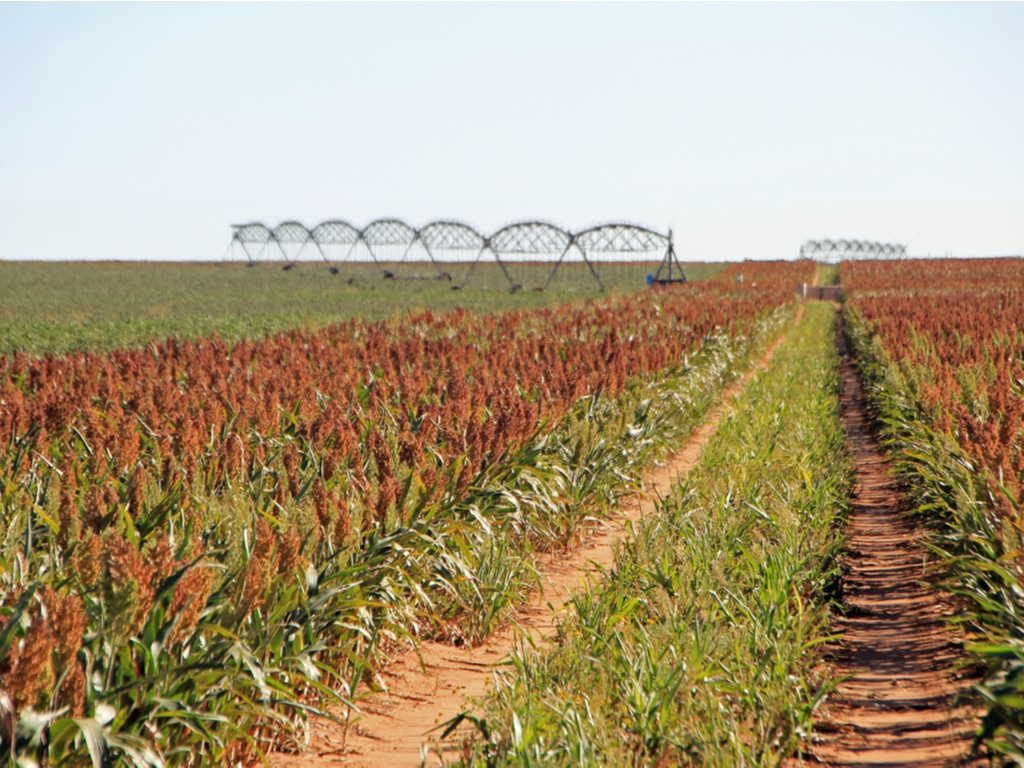The World Bank, through its subsidiary, the International Development Association (IDA), is granting a credit of 200 million dollars to strengthen irrigation in the Logone River basin. The amount allocated will help optimize agricultural production in the Far North region of Cameroon.
The loan granted by the World Bank is intended to finance the Logone Valley Development and Investment Enhancement Project (Viva Logone). This program will enable farmers to improve irrigation and drainage and increase their agricultural productivity through investments in Semry (Société d’expansion et de modernisation de la riziculture de Yagoua), which has a transformation plan that includes the establishment of a water resources management unit.
Flood prevention
According to the Cameroonian government, the work of the Viva Logone project will eventually optimize the operation of the hydraulic infrastructure in the valley. Also, the installation of hydro-meteorological equipment will be pursued to the town of Kousseri over 300 km. The World Bank funding will also make it possible to install an automatic hydrometric station on the Logone River and to set up a flood early warning system over a coverage area extending from 70 km to 300 km, with the assistance of the Lake Chad Basin Commission (LCBC).
In the Far North region, farmers are facing low agricultural yields. According to Abdoulaye Seck, the World Bank’s Country Director for Cameroon, irrigation is fundamental to ensuring food security and helping to reduce the risk of conflict in this Sudano-Sahelian agro-ecological zone, which is vulnerable to climate shocks.
A vulnerable region
The Logone is a river in Central Africa that drains part of the Lake Chad basin. With a surface area of 78,000 km and a length of 950 km, the Logone crosses the cities of Kousseri in Cameroon and N’Djamena, the Chadian capital, at its confluence with the Chari. Improved drainage will allow for better flood management.
Read also-CAMEROON: towards accession to the Helsinki Convention on transboundary water
In 2020, Cameroon joined the Helsinki Water Convention on Integrated Management of Transboundary Watercourses and committed to conserving and restoring ecosystems degraded by drought and floods caused by climate change. Nearly 160,000 people are often affected by floods in the Far North of the country, mainly around the Logone River.
Benoit-Ivan Wansi
